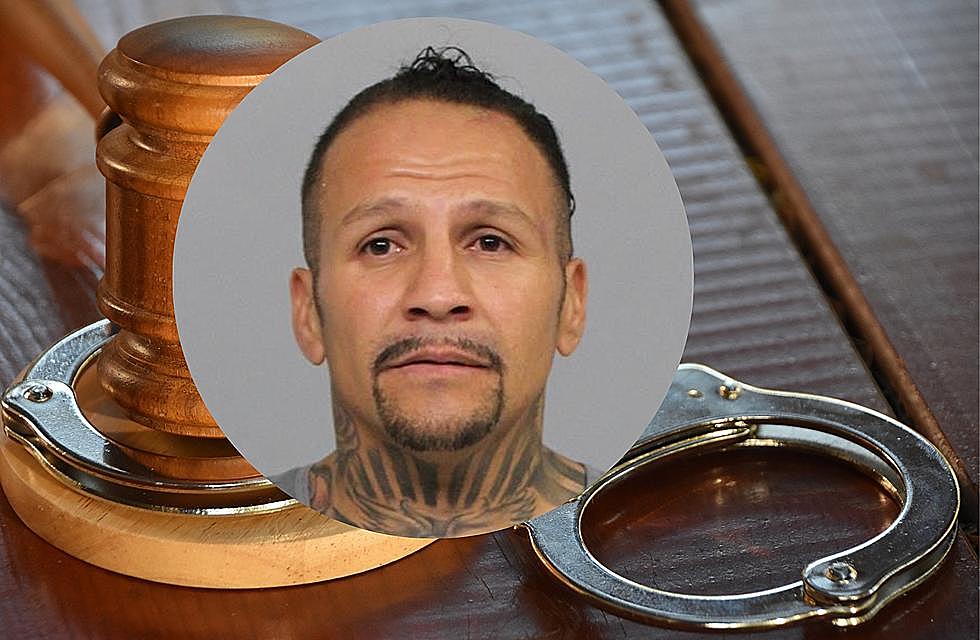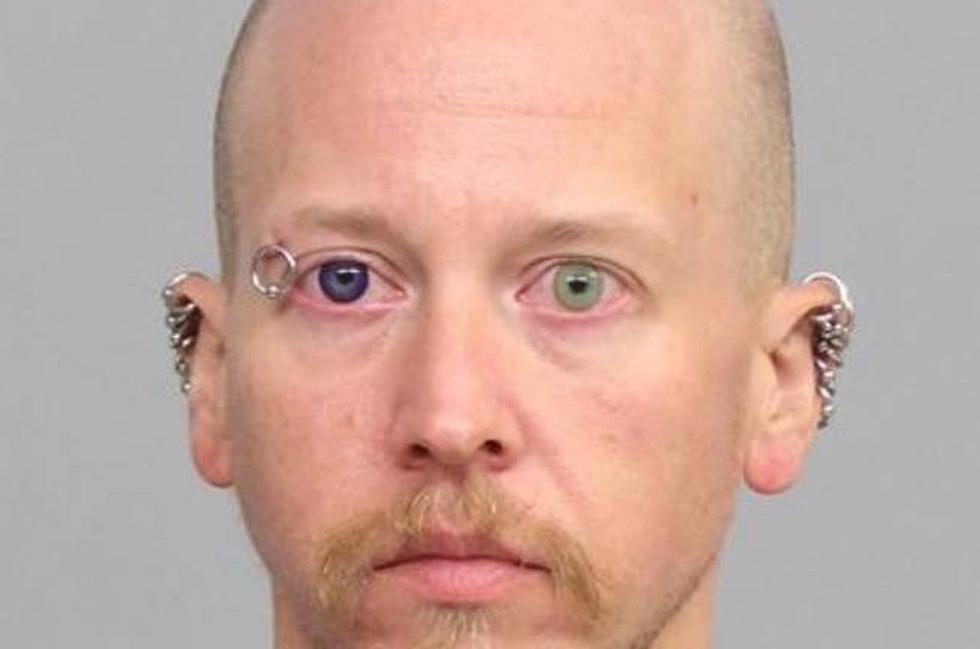
Judge Nixes Motion To Acquit Former Casper Doctor Accused Of Sexual Assault
The fate of former Casper doctor Paul Harnetty is about to be put in the hands of the jurors who will decide whether he is guilty of sexually assaulting six women.
The state rested its case against obstetrician/gynecologist Harnetty on Thursday morning, Assistant District Attorney Kevin Taheri said.
Harnetty's attorney Don Fuller called three witnesses, two who discussed their experiences working with Harnetty, and one who is a longtime ob/gyn in Cheyenne.
Harnetty told Natrona County District Court Judge Thomas Sullins he would decline to testify on his own behalf.
The case began in October 2015 when police received a report of three women who claimed Harnetty conducted himself inappropriately when he spoke to and examined some of them, according to court records. Three more women later came forward and reported similar, according to court records.
The trial resumes at 9:30 a.m. Friday when Sullins will read the jury instructions. The prosecution and defense will present their closing arguments and the court then submits the evidence to the jury of eight women and six-men. The two alternate jurors will be dismissed before deliberations begin.
Harnetty was charged originally with eight counts of second-degree sexual assault and two counts of third-degree sexual assault.
During a motions hearing closed to the jury, Sullins agreed to dismiss one second-degree and one third-degree count. If convicted on all counts he could face at least 14 years of imprisonment.
However, the judge rejected a defense motion to acquit Harnetty, an action also closed to the jury.
Harnetty attorney John Minor said the charges against Harnetty do not fit under the specific statute regarding sexual assault that "the actor is in a position of authority over the victim and uses this position of authority to cause the victim to submit."
Minor said authority extends to external relationships such as those of teachers over students and guards over prison inmates, but it does not refer to medical professionals.
Relationships between doctors and patients are voluntary because the patients in this case made appointments with the Community Health Centers of Central Wyoming, and they knew they would be submitting to the doctor's procedures during the exams, he said.
Minor said a doctor is not in authority over a patient, citing witness Dr. Stephen Rotholz, an assistant professor of ob/gyn at the University of Colorado School of Medicine.
Taheri responded, saying Rotholz did mention authority, but added a doctor is at the top of a hierarchy in an exam room and has influence over a patient.
In that hierarchy, a patient does submit to a doctor and expects reasonable medical care, Taheri said.
The alleged victims in this case, however, claimed they did not receive resonal medical care when Harnetty rubbed their clitorises and inserted two fingers in a woman's anus so he could see her reaction, Taheri said.
In denying Minor's request, Sullins said the prosecution has submitted sufficient evidence for the jury to decide.
The evidence heard by the jury has been highly personal from the alleged victims.
Some was highly medically technical, too.
For example, Rotholz described how a proper internal pelvic exam should be conducted. When a doctor inserts two fingers into the vagina for the exam, the doctor should bend the thumb in such a way that it does not touch the clitoris, he said.
But on Thursday, defense attorney Don Fuller questioned Cheyenne ob/gyn Dr. Sharon Eskam who demonstrated techniques of breast and especially pelvic exams, using a skeletal model of an average-size pelvis.
The defense team also showed a video for training doctors to do pelvic exams, and the doctor sometimes brushed against the clitoris during the exam.
Eskam likened that to two people in a subway car compared to a full subway car. One person touching the other while exiting the nearly empty car would be inappropriate, while passenger exiting the car is inadvertently touching others, she said.
"It's a proximity issue," she said.
Eskam also dealt with the authority issue, saying she doesn't regard herself as an authority figure in the exam room.
"Patients now are very independent and have a lot of information," she said. "Earlier in my career patients accepted everything I said."
Fuller also had Eskam review the reports of each of the alleged victims.
But Assistant District Attorney Mike Schafer said Eskam was reading only reports and transcripts, and had not heard the alleged victims testify.
Schafer pressed her about whether Harnetty intended to use his position of authority to gain some satisfaction when he examined the women.
Eskam responded that intent is subjective. "There's always reasonable doubt when it comes to intent."
Patients, she said, have the option to leave the exam room if they believe a doctor is behaving inappropriately, she said.
Some doctors, Eskam said, are better than others at communicating what they're doing.
"Bad communication does not equate to sexual assault," she said. "Just because you're not a good communicator doesn't mean your a criminal."
More From K2 Radio









